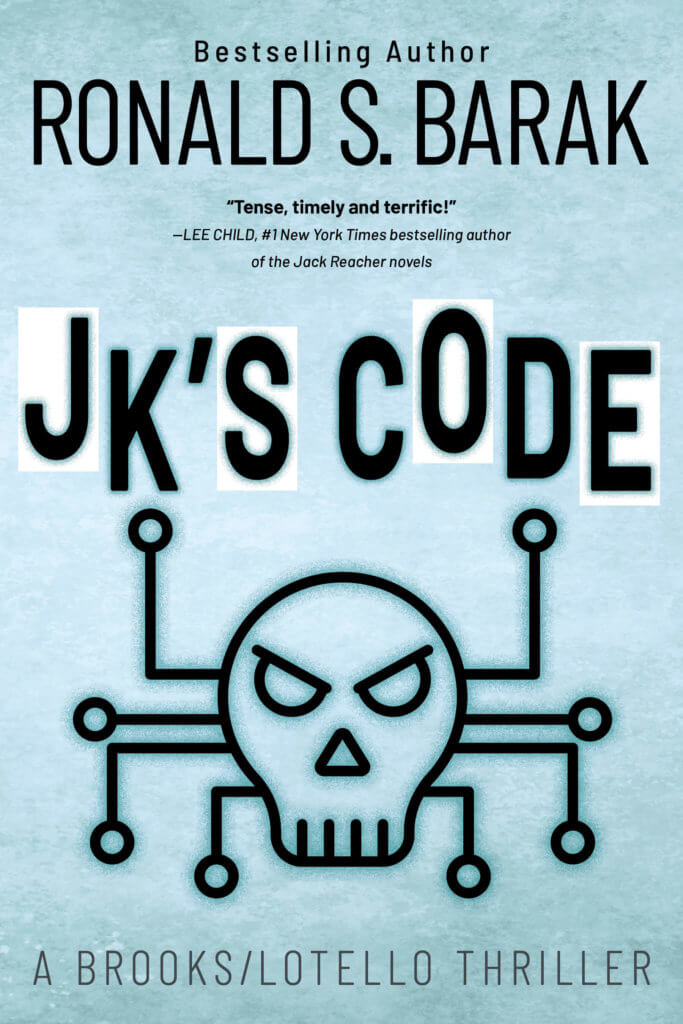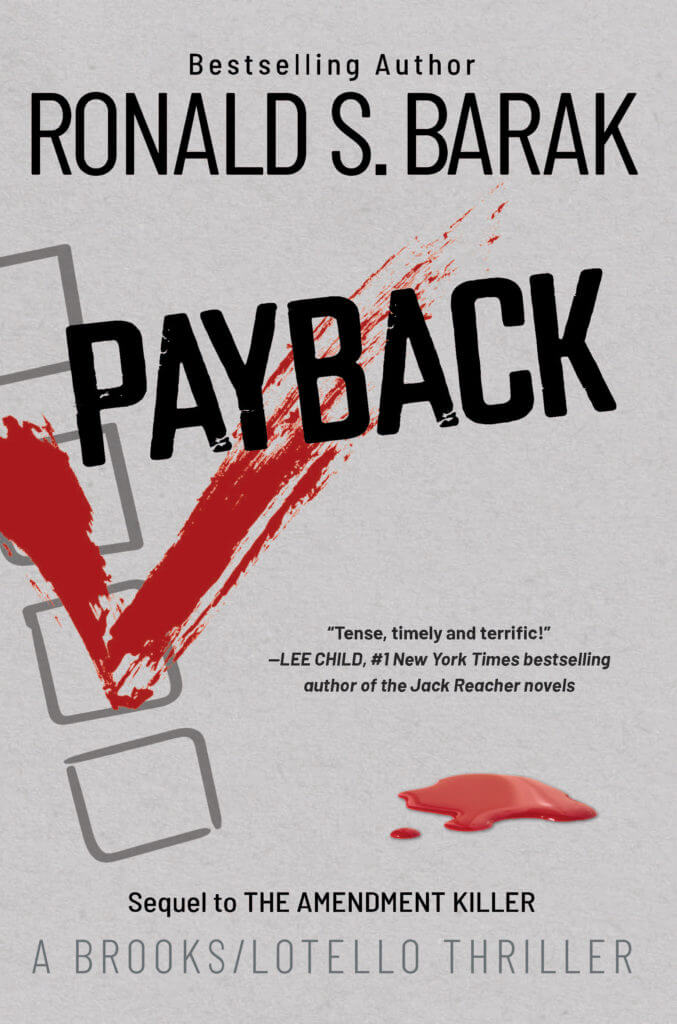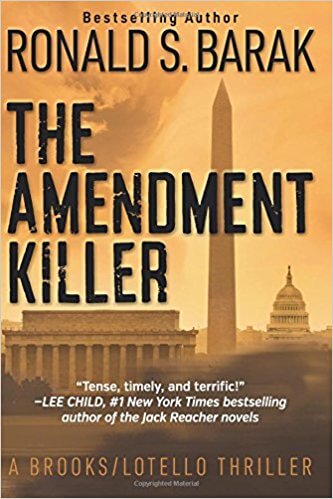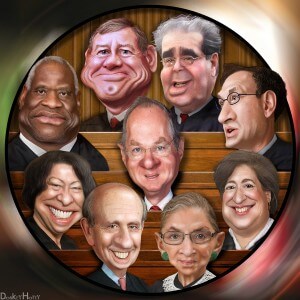 Whose legacy is it anyway? President Obama’s? The U.S. Supreme Court’s? Our government’s in the form we know it?
Whose legacy is it anyway? President Obama’s? The U.S. Supreme Court’s? Our government’s in the form we know it?
Separation of Powers? Checks and Balances? Executive Power?
Abdication of responsibility? Usurpation of authority?
Our President may be a lame duck, in the last year of his administration. Nevertheless, 2016 will be an important year in framing his legacy, and perhaps that of our Constitution as well.
In at least two recent instances, President Obama has either exceeded his authority, as his detractors claim, and sought to take our Constitution hostage, or, as his proponents maintain, he has acted reasonably under the circumstances to necessarily fill the void created because Congress has refused, or at least been unable, to act.
Two very different “courts,” one of law, the other of public opinion, so to speak, will soon address, if not “answer,” these questions. What they say may profoundly influence President Obama’s legacy, as well as that of our Constitution. This President’s legacy is frankly of little consequence. However, the legacy of our Constitution is another matter. That legacy is of singular importance.
Our country is in need of long overdue reform in two significant respects: Immigration and gun control. In both, Congress has been missing in action. Its membership has failed to act on immigration where no one disputes that reform is greatly needed. Gun control is more complicated because whether any reform is needed there is a matter of highly disputed opinion.
Obama’s November, 2014 executive actions purporting to grant protection from deportation and to authorize the issuance of work permits to millions of immigrants in the country illegally, were challenged by 26 states in a lawsuit filed in the U.S. District Court in Brownsville, Texas. The court ruled that Obama had likely exceeded his authority and enjoined him from implementing his actions pending actual trial of the matter by that court.
In May, 2015, when many of the President’s orders were slated to be carried out, a three judge panel of the Fifth Circuit of the U.S. Court of Appeals sitting in New Orleans, by a vote of two to one, denied Obama’s appeal of the injunction. It upheld and preserved the injunction.
Once again, Obama has appealed the injunction, this time to the United States Supreme Court. The Supreme Court decides in its discretion whether to hear appeals filed with it. It requires only the agreement of four of the nine justices to hear the appeal. That vote was forthcoming and the appeal will be heard this summer. It remains to be seen what the Supreme Court will rule, and when it will do so.
Had the Court not agreed to hear the appeal, that would have meant that at least six of the nine justices agreed that the injunction should remain in effect until the matter is tried. All we know so far is that five or less justices felt that way. If five justices do feel that way, the appeal will be denied in spite of being heard.
It is unclear how the Court will rule. There is no certainty that the Court will actually reach the merits of the President’s actions. It could decide that the lower courts should not have issued and maintained the action, either because of a fundamental lack of authority to issue such an injunction or simply because it does not agree that the 26 states are likely to prevail. It may or may not actually address the question of Obama’s underlying authority to act by executive order as he has attempted to do.
There is much more at stake here than “just” the scope of Presidential executive authority, this President’s as well as that of future Presidents. Also at stake is the very integrity and future of the Supreme Court itself. Will the Court act with self-constraint and remain within the boundaries of its Constitutional judicial mandate, or will it venture—improperly—into the political arena?
Particularly if it does the latter, either by what it decides or even when it decides (delaying the decision until after Obama’s term in office expires could be perceived as a political maneuver to defeat what it legally decides because Republicans have vowed to reverse Obama’s actions if they are carry the 2016 Presidential election), may have a profound effect on the 2016 Presidential election because the next President will likely be able to control the direction of the Court for decades to come because of the number of justices likely to retire during the next Presidential term.
At the risk of repeating myself, much more than Obama’s legacy, and even much more than the Constitutional parameters of executive action, is riding on what the Supreme Court does in this case, and when it does it. Make no mistake about it, when the Supreme Court acts here won’t be a function of it’s workload, but rather what it does and does not want to be the real world consequences of what it officially decides. No doubt, the country would have been better served if Congress had performed its duty and sent a sound immigration bill to the President. Unfortunately, that would have been way too much to expect of our dysfunctional legislative and executive branches of the government, but we are way past that. Now the focus will be on whether the Court acts any more admirably than its governmental counterparts, and whether as few as one swing vote on the Court will decide for the country what should have been responsibly decided by Congress and the President.
Obama also attempted to impose some gun reform by means of executive action. While both Obama’s immigration and gun control tactics fall under the egis of executive action, they are in fact quite different. In each case, Obama acted when Congress refused to act. But there is a marked difference in the political dynamic. While no one disputes that Congress should have sent an immigration bill to the President, everyone disputes whether Congress should have done the same with gun control.
So far, no one sought to judicially challenge Obama’s gun control actions. And they may not need to. This may be more up to Obama than his governmental opponents. Many, if not most, of those subject to the rather modest gun control reform that Obama has purportedly sought to enact are simply ignoring it.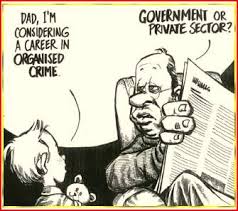
Here the next move is really up to Obama. Was he just legacy trolling or was he really serious? If it was the latter, one wonders why he didn’t go much further with his executive orders than he did? Certainly, the explanation is not one of Presidential restraint! If Obama was just legacy trolling, then it was likely just a matter of political sound bites and photo ops, and Obama will likely allow his gun control executive orders to fade quietly in the night along with him rather than instructing the Justice Department to prosecute those gun dealers who are ignoring his executive orders.
These are all interesting questions with possibly profound ramifications for our country. Whose legacy is it anyway? Time will tell. It usually does. How much of it, however, remains to be seen.
Join the discussion either by logging in just below or by signing into your favorite social media outlet. If you’re having trouble, please follow these instructions to guide you! Thanks!

